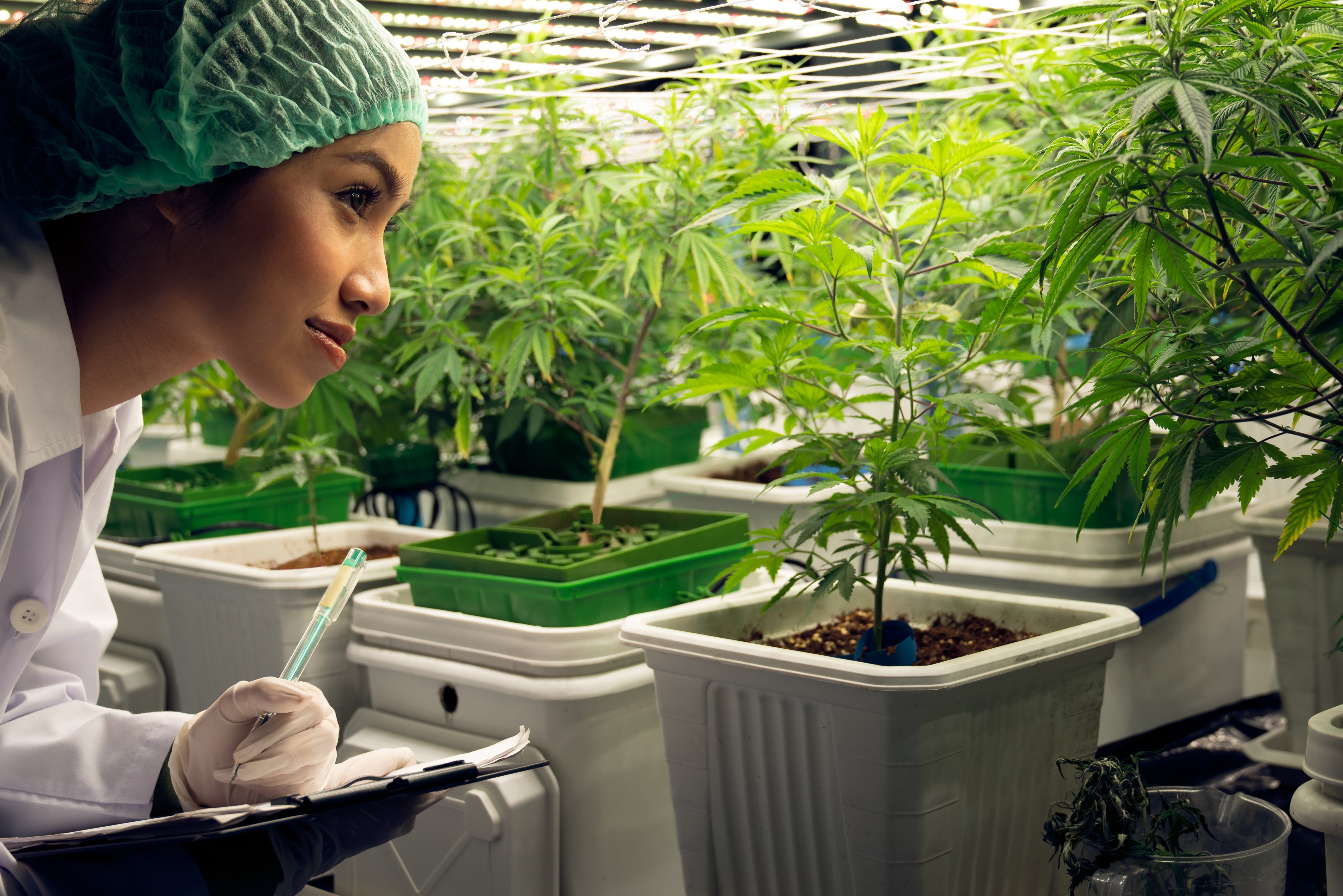Farm to (Sustainable) Bottle:
-
Regenerative Agriculture:
Forward-thinking farmers are employing techniques like crop rotation, cover cropping, and composting to improve soil health, sequester carbon, and conserve water. These practices not only benefit the environment but also lead to stronger, more resilient hemp plants.
-
Organic Cultivation:
By avoiding harmful pesticides and synthetic fertilizers, organic hemp farming protects biodiversity, reduces water pollution, and contributes to a healthier ecosystem. Look for certifications like USDA Organic to ensure these standards are met.
-
Water Conservation:
Innovative irrigation systems and drought-resistant hemp varieties are minimizing water usage throughout the cultivation process.
From Plant to Product:
-
Clean Extraction Methods:
Traditional solvent-based extraction can be harsh on the environment. Some companies are opting for cleaner methods like supercritical CO2 extraction, which uses recycled CO2 and produces minimal waste.
-
Minimalist Packaging:
Sustainable packaging is key to reducing waste and carbon footprint. Look for companies using recycled materials, compostable options, and minimal overall packaging.
-
Renewable Energy:
Integrating solar power and other renewable energy sources into production facilities helps reduce reliance on fossil fuels and lower greenhouse gas emissions.
Beyond the Farm:
-
Circular Economy:
Some companies are finding innovative ways to use hemp waste, such as turning leftover fibers into building materials or textiles. This reduces reliance on virgin resources and promotes a circular economy.
-
Community Commitment:
Supporting companies invested in fair labor practices, community development, and local sourcing ensures social responsibility alongside environmental awareness.
Making a Difference as a Consumer:
-
Do your research:
Choose brands committed to sustainable practices and transparency. Look for certifications, read their sustainability statements, and ask questions!
-
Support local:
Opting for locally-grown and produced CBD products reduces transportation emissions and supports your community.
-
Reduce and reuse:
Opt for refillable options or companies with take-back programs for used packaging.
By choosing sustainable CBD brands and being mindful of your purchasing habits, you can contribute to a healthier planet while reaping the benefits of this natural wellness product. Remember, every small step counts!
Disclaimer:
This blog post is for informational purposes only and does not constitute medical advice. Please consult with a healthcare professional before using any CBD products.


